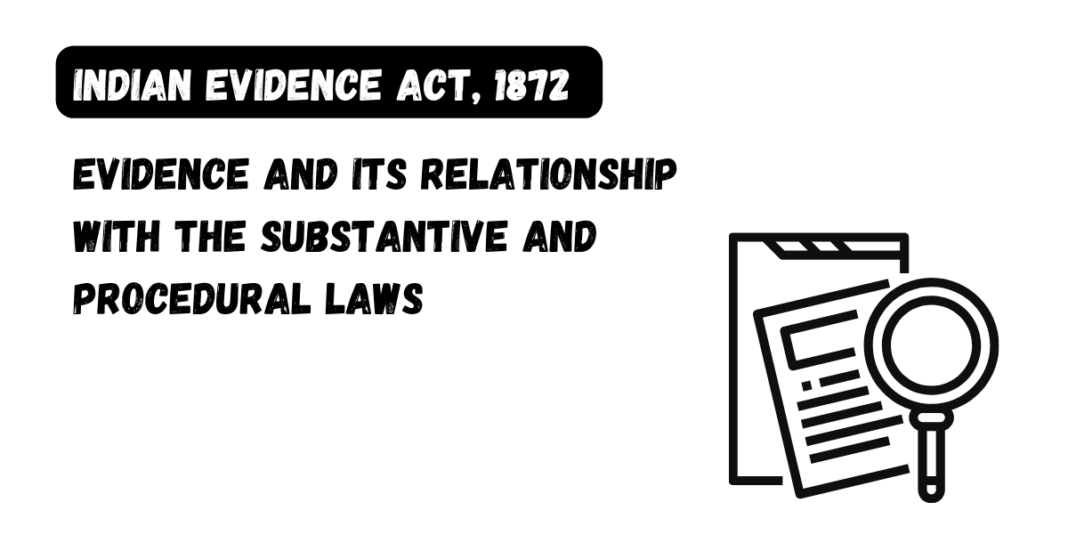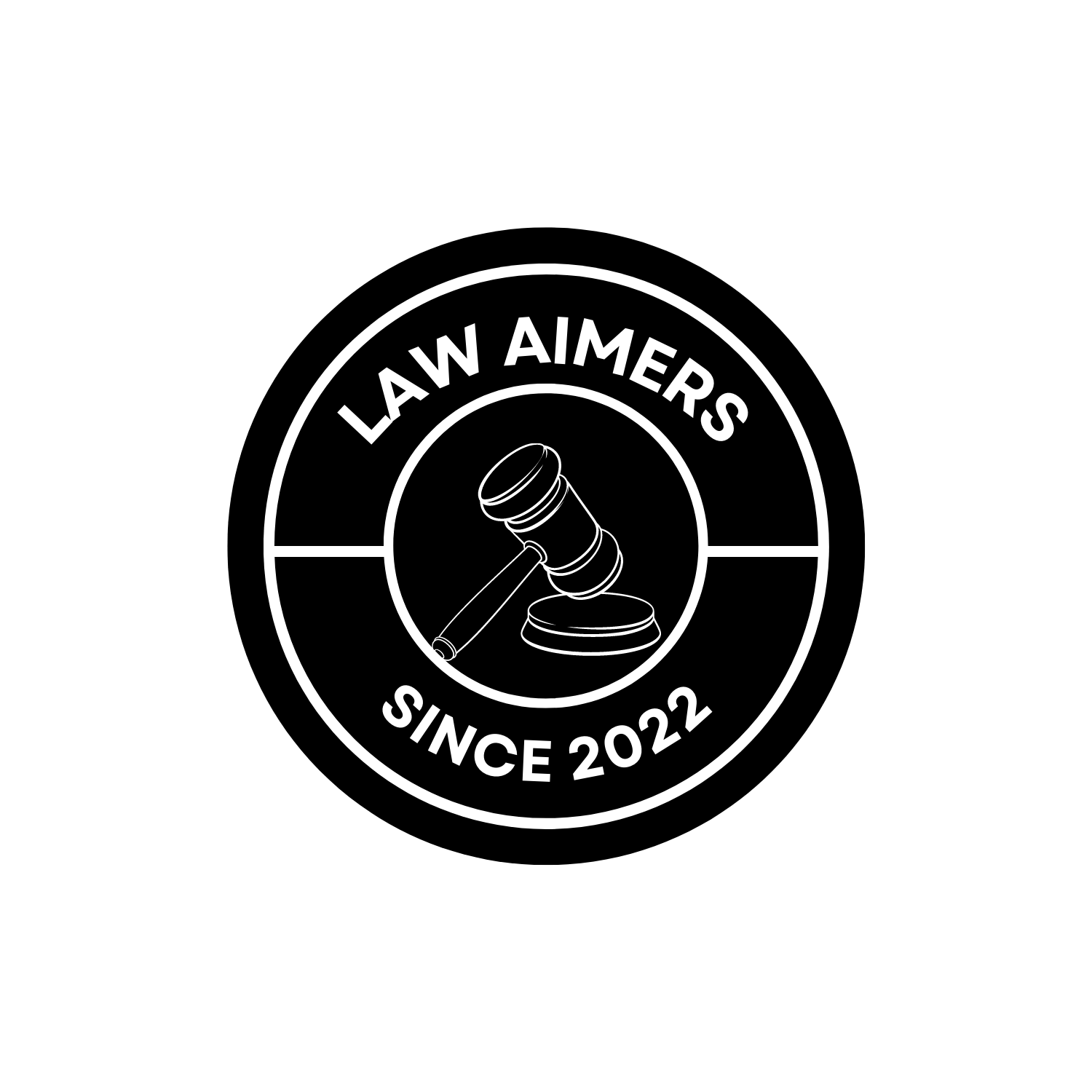Evidence plays a critical role in the legal system and has a close relationship with substantive and procedural laws.
Substantive Law
Substantive law defines and governs the rights, obligations, and duties of individuals and entities. It establishes the legal principles, rules, and standards that determine the substance of a legal case.
Evidence is closely intertwined with substantive law in the following ways:
- Burden of Proof: Substantive law determines which party bears the burden of proof to establish the elements of a claim or defense. The burden of proof defines the degree of evidence required to prove or disprove a particular fact.
- Elements of a Claim: Substantive law outlines the essential elements that must be proven to establish a legal claim. Evidence is presented to support these elements and demonstrate their existence or non-existence.
- Legal Standards: Substantive law sets legal standards, such as “beyond a reasonable doubt” in criminal cases or “preponderance of the evidence” in civil cases. The sufficiency and weight of evidence presented are evaluated based on these standards.
- Presumptions: Substantive law may include presumptions, which are assumptions made by the court regarding certain facts based on common experience or legal principles. These presumptions can affect the burden of proof and the type of evidence required to rebut them.
Procedural Law
Procedural law governs the processes and methods by which legal cases are conducted, including the rules and procedures for presenting and evaluating evidence.
The relationship between evidence and procedural law can be summarized as follows:
- Admissibility: Procedural law sets out rules for the admissibility of evidence. It establishes criteria and standards that evidence must meet to be considered admissible in court. These rules ensure fairness, reliability, and the proper presentation of evidence.
- Discovery and Disclosure: Procedural law governs the process of discovery and disclosure, where parties exchange relevant evidence prior to trial. It establishes the obligations of parties to disclose and produce evidence, ensuring transparency and fairness in the litigation process.
- Examination of Witnesses: Procedural law regulates the examination and cross-examination of witnesses. It provides guidelines on questioning techniques, the scope of examination, and the rights and duties of witnesses. These rules ensure the effective presentation and evaluation of evidence through witness testimony.
- Burden and Standard of Proof: Procedural law determines the allocation of the burden of proof and the standard of proof applicable in a case. These factors influence the presentation, evaluation, and weight given to the evidence by the court.
- Appeals and Review: Procedural law governs the rules and procedures for appealing or reviewing decisions based on evidence. It establishes the grounds for challenging a decision based on errors in the admission or evaluation of evidence.





